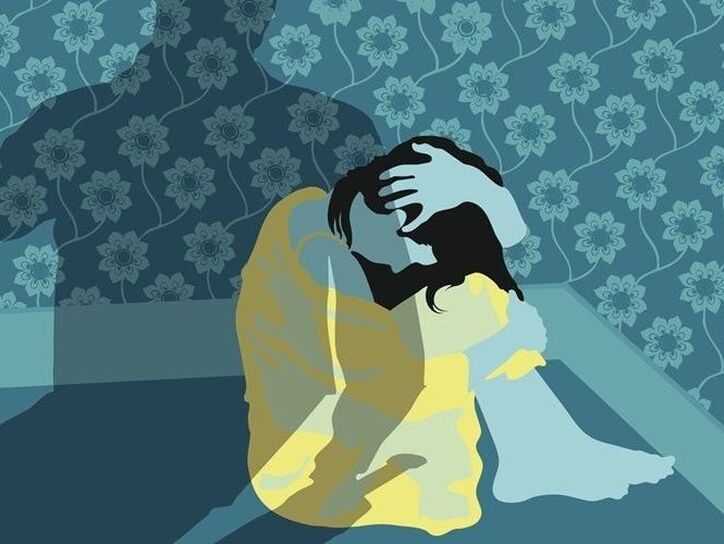|
|
|
Indonesian women victims of domestic violence commonly experience a sense of shame, however unreasonable that might seem to those outside the community. However, it is understandable for two reasons.
Firstly, most Indonesians consider marriage a sacred institution, the harmony of which must be maintained to support not just the marriage itself but broader social harmony. Secondly, to Indonesians the wife is seen as responsible for maintaining family harmony due to the values of nurturing and caring traditionally assigned to the female gender. Hence, a failure to maintain marital or familial harmony is blamed on the wife who, should she decide to divorce, may be described as an ‘unfaithful wife’, ‘undutiful housewife’ and an ‘unloving mother’, with little or no basis for such accusations. Even when domestic violence has occurred and the marriage cannot reasonably continue as there is threat of continued physical and emotional violence and other abuse of the women and their children, the women still feel shame. Having internalised societal values, women feel that they have failed to meet society’s and their own expectations.
These women must prepare themselves to have their status reduced, from that of a married woman (with the respect this traditionally commands) to that of unmarried woman, janda (widow or divorcee) in Bahasa Indonesia. This ‘shameful’ status is distinctly gendered; divorced men are not blamed for their ‘broken homes’ nor made the target of salacious gossip or of sexual harassment, and are not viewed as a threat to other marriages.
According to Richard O’Connor (2009, 75) shame is ‘[A] deep, pervasive experience of loathsomeness or disgust about who or what we are. [It] is about our core identity; the experience of seeing ourselves from another perspective, in the worst possible light; or of fearing that others see the secret self we keep hidden away and only remember when we are forced to’. In the context of divorce and domestic violence, malu or shame becomes the emotional link between the failure of marriage and being a victim of domestic violence. Both involve gendered shame. Meanwhile, in Indonesia, creating and maintaining marital and familial harmony is not only demanded by the community, but also by the state under the Marriage Act 1974, redoubling the sense of shame. Domestic violence brings complicated circumstances; women need to make a decision whether to leave or to stay in an abusive marriage. It is a decision that is not easy to make because of social, economic, legal and cultural considerations. My Identities article, ‘Shame and Indonesian women victims of domestic violence in making the decision to divorce’, examines whether all respondents, regardless of their identities at the beginning of the violence, continued to hold tight the values and norms of their responsibility for ‘harmony’ within a family. It was found that when the violence continued to escalate or became intolerable, most of the respondents filed for divorce. Many no longer accepted the cultural expectation that the burden of familial harmony was solely theirs, and instead recognised the husband’s unacceptable behaviours as often beyond a wife’s control and clearly contributing to marital and familial breakdown. They ignored the feelings of shame that would be imposed upon them (because they would be janda) and realised the burden they would have to bear from economic, social, cultural and legal aspects. References: O’Connor, R. 2009. ‘Shame: destructive or useful?’ Mental Health Matters. O’Shaughnessy, K. 2009. Gender, state and social power in contemporary Indonesia: divorce and marriage law. Oxon: Routledge. Parker, L. & Creese, H. 2016. The stigmatisation of widows and divorcees (Janda) in Indonesian society. Indonesia and the Malay World 44: 1-6.
Blog post by Rika Saraswati, Soegijapranata Catholic University, Indonesia
Read the full article: Saraswati, Rika. Shame and Indonesian women victims of domestic violence in making the decision to divorce. Identities: Global Studies in Culture and Power. DOI: 10.1080/1070289X.2019.1600313
0 Comments
Your comment will be posted after it is approved.
Leave a Reply. |
|
Explore Identities at tandfonline.com/GIDE |
|
The views and opinions expressed on The Identities Blog are solely those of the original blog post authors, and not of the journal, Taylor & Francis Group or the University of Glasgow.

